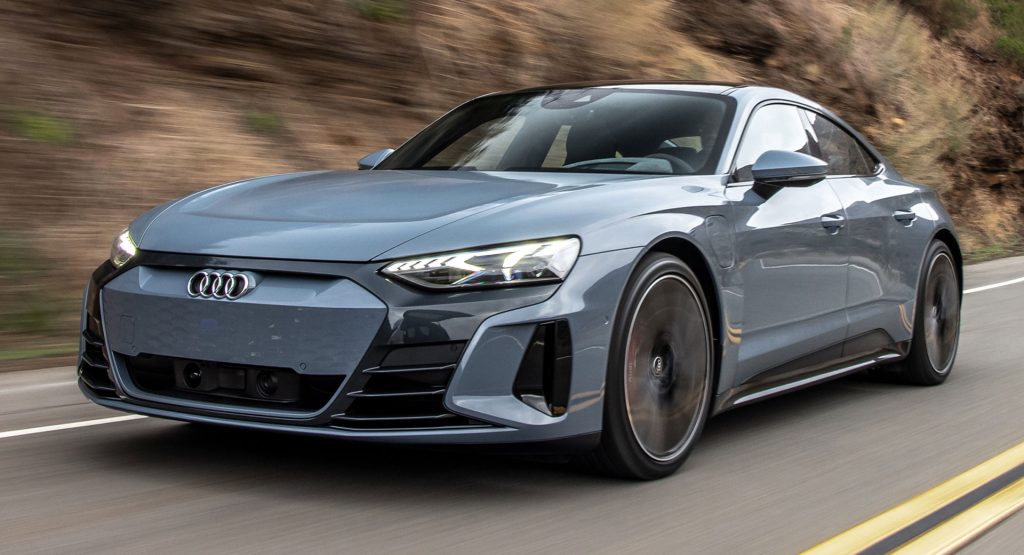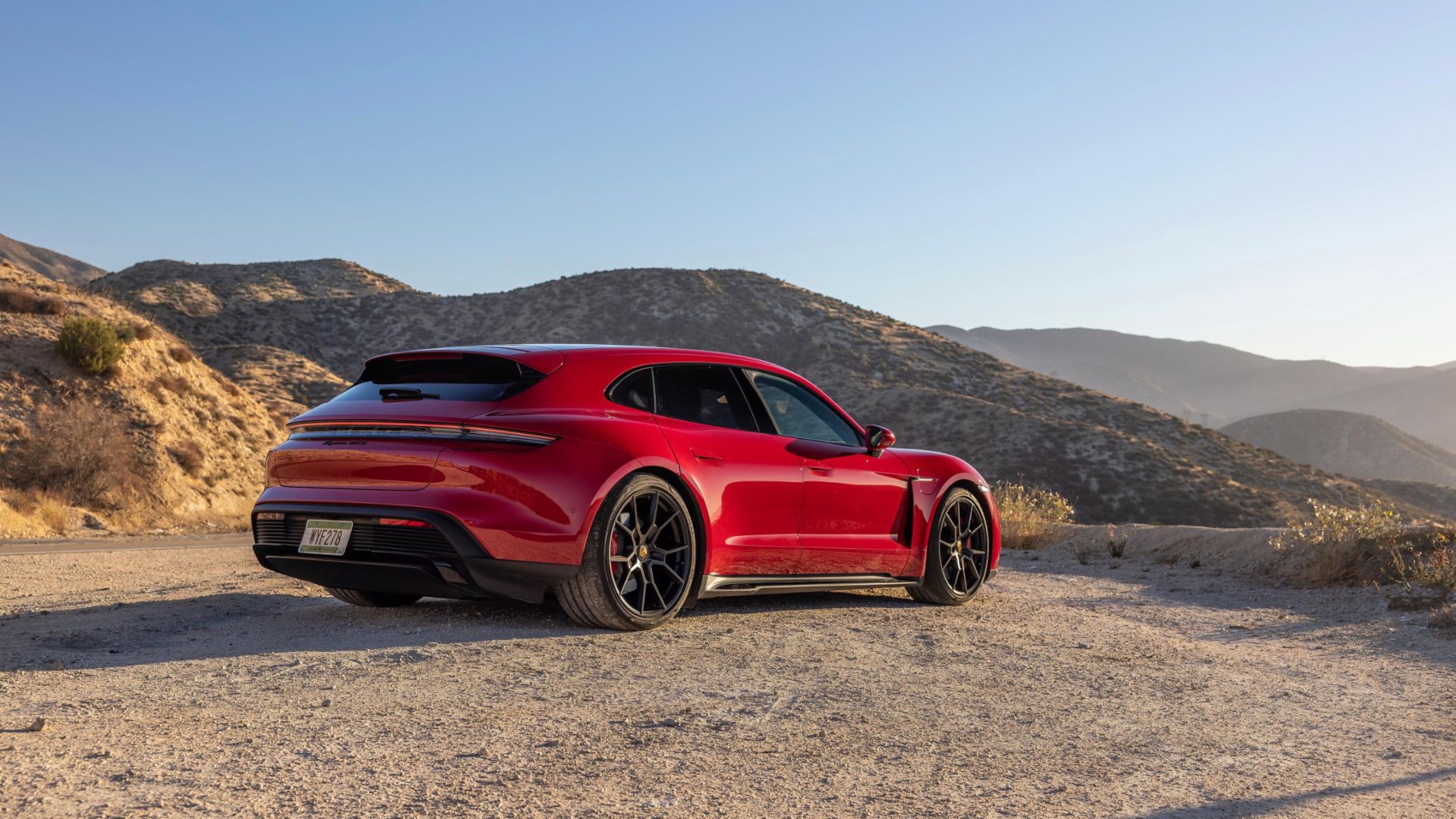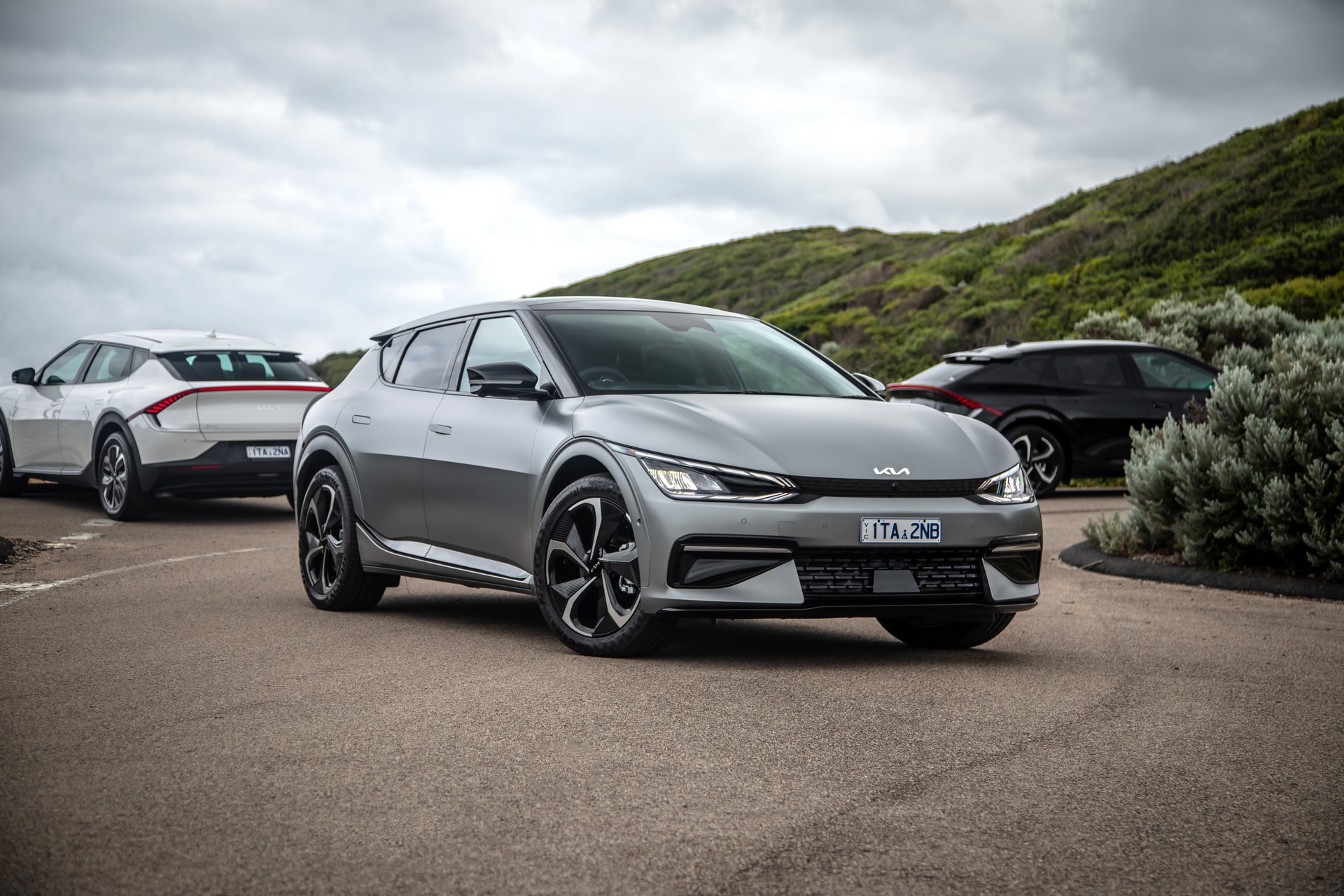The majority of electric vehicles are expected to adopt advanced 800-volt architectures moving forward, according to analysts.
There is only a handful of EVs that currently use 800-volt architectures, including the Porsche Taycan, Audi e-Tron GT, Hyundai Ioniq 5, and Kia EV6, with the vast majority of other EVs sporting more traditional 400-volt systems.
Doubling the voltage improves charging times by roughly 50 per cent for the same battery size which, in turn, allows manufacturers to reduce the size of battery packs and make them smaller. Additionally, 800-volt systems can operate with smaller and lighter cables and wires as they supply the same amount of power with less current.
Read Also: 2022 Genesis Electrified GV70 Has 482 HP And 800-Volt Charging Technology
Auto News notes that these architectures also lose less energy and they do not require complex thermal management systems to regulate temperature. It’s little surprise that many EV suppliers expect 800-volt architectures to soon become the standard.
“In 2025, the majority of applications coming into the market will be 800 volt,” president of the thIMG02e electric drivetrain division at Tier 1 supplier GKN, Dirk Kesselgruber, said. “We think it’s going to be the mainstream, and Hyundai has proved that it can be competitive on price.”
“800 volt is the logical next step in the development of BEVs,” added head of innovation power electronics at Vitesco, Alexander Reich.
Industry experts state that most current EVs, including those from Tesla, use 400-volt systems in part because houses typically use a 380-volt three-phase current, meaning an appropriate charging infrastructure already existed. Many of the first EVs also used components from plug-in hybrids that were 400-volt-based.
In shifting to 800-volt systems, charging infrastructure needs to be improved as most of it is currently for 400-volt vehicles. Leading 800-volt, 350 kW charging points allow EVs to be topped up with roughly 100 km (62 mph) of range in 5-7 minutes.
A plethora of car manufacturers have committed to 800-volt architectures. These include the likes of Volvo, Polestar, Stellantis, General Motors, Xpeng, Nio, Li Auto, BYD, and Lotus.






